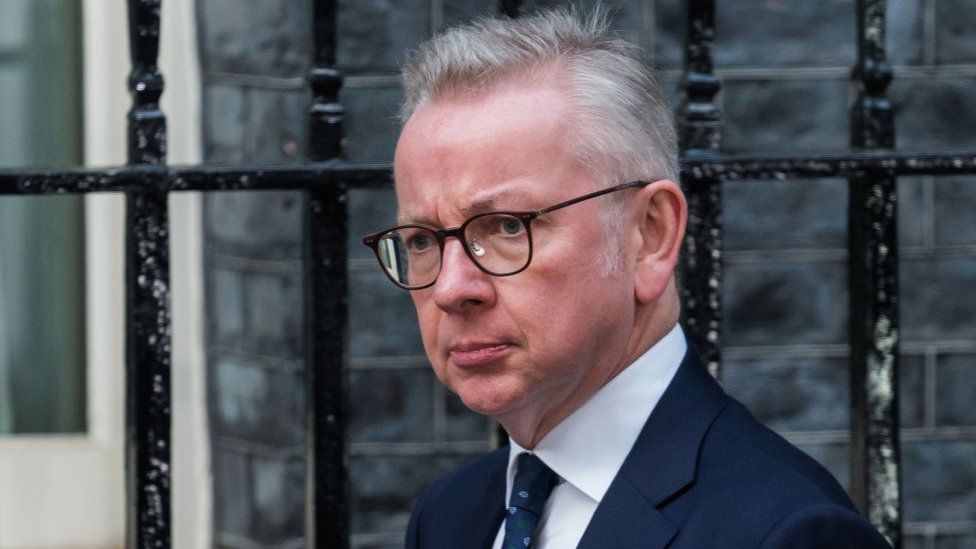ARTICLE AD BOX
 Image source, Getty Images
Image source, Getty Images
Michael Gove has admitted mistakes were made by the government over social housing, which contributed to tenants' voices not being heard.
The housing secretary told the BBC the case of Sheila Seleoane - who lay dead in her flat for two-and-a-half years - was an unacceptable example of tenants being let down by housing associations.
He said the case speaks "to a wider culture of neglect" in the sector.
Her housing association, Peabody, has apologised.
The organisation said it had changed the way it works since Ms Seleoane's death "to put people and their wellbeing at the centre of our operations".
The body of Ms Seleoane, 58, lay undiscovered for two-and-a-half years in her flat in Peckham, south London, despite neighbours repeatedly raising concerns with Peabody and the police.
She had not paid rent since August 2019 but landlord Peabody cut off her gas supply in June 2020, three months after applying for universal credit to cover her rent.
There were also two police visits to the block within a week in October 2020, where officers were unable to make contact with the resident.
However, a miscommunication by a Met Police operator mistakenly concluded that Ms Seleoane had been seen alive and well - and this was passed on to Peabody.
The Met Police has apologised and said if the operator responsible had not since retired, he would have been referred for an investigation.
Image source, BBC/Harry Low
Image caption,Flowers were left by well-wishers after Ms Seleoane's body was found
Mr Gove described the case as "an horrific story".
"Her body was there in circumstances which speak to a wider culture of neglect," he told BBC Radio 4's Today programme.
"Social housing tenants should be some of the best supported people in our society and this is just another example of people being let down."
He admitted it was a mistake for the Conservative-Liberal Democrat coalition to abolish the National Tenant Voice, a body set up to give tenants a say on social housing issues, in 2010.
Asked whether the coalition government was also wrong to abolish the social housing regulator, Mr Gove said: "I think we can all now look back and consider some of the regulatory changes that were made in the past and reflect on whether or not they were right."
He added that the government had now strengthened the power of the regulator, with social landlords facing tougher inspection regimes and a lower bar for intervention.
However, pressed on whether it was also a mistake to squeeze the finances of housing associations, Mr Gove said: "No, I disagree with that. I think it's entirely possible for housing associations, and many of them do, both to provide new homes and ensure that the homes for which they're currently responsible are safe, warm and decent."
He added: "There were some mistakes and errors made, not just by actually the coalition government but by the governments before which contributed to social tenants not getting the support that they deserved and not getting their voices heard."
Along with the Grenfell Tower fire and the death of two-year-old Awaab Ishak caused by exposure to mould in his home, Mr Gove said the three examples highlighted "a problem that we've had in the past, with social housing landlords treating their tenants with a degree of distance… and in some cases neglect, which is unacceptable" .
"There's been a culture in some housing associations that has tended to put the black and white figures on the accounts ahead of the heart and soul engagement with the residents," he added.
Peabody has told the BBC it was "devastated" by what happened to Ms Seleoane, adding it had been "open, honest and transparent about what went wrong".
The organisation said it had changed the way it investigated complaints and dealt with rent collections and gas safety checks as a result of Ms Seleoane's case.
"This is in part a cultural change which takes time, and we know very well that our services are not as good as they need to be. But we are determined to live our values, learn our lessons and continuously improve for the benefit of residents."

 1 year ago
59
1 year ago
59








 English (US) ·
English (US) ·